Attention Deficit Hyperactivity Disorder (ADHD) is a condition that impacts many people worldwide, and women are no exception. While it is often diagnosed in childhood, ADHD can persist into adulthood, and its symptoms can affect personal, professional, and social functioning. Women may experience unique challenges related to ADHD, including difficulty maintaining focus, managing stress, and experiencing memory issues. Fortunately, nature provides a wide array of herbs that may help address these issues by supporting cognitive function, promoting mental clarity, and improving focus.
In this article, we will explore several herbs that are known for their beneficial effects on ADHD symptoms in women. We will dive deep into their scientifically backed mechanisms, potential health benefits, and how they can be integrated into a natural wellness regimen. Additionally, we’ll discuss how ADHD symptoms may manifest in women and why herbal remedies can be a valuable part of managing these challenges.
Understanding ADHD in Women: A Unique Experience
ADHD is often perceived as a disorder that primarily affects men, but research has shown that women with ADHD face unique challenges. In many cases, women may go undiagnosed or misdiagnosed, as their symptoms are often more subtle compared to those seen in men. While hyperactivity is a hallmark symptom of ADHD in boys, women often present with more inattentive symptoms, such as difficulty focusing, forgetfulness, and disorganization.
Women with ADHD are also more likely to experience co-occurring mental health conditions, such as anxiety, depression, and low self-esteem. These factors can exacerbate the challenges of living with ADHD and may contribute to difficulties in managing daily responsibilities, maintaining relationships, and excelling in professional settings. Understanding these nuances is crucial for addressing ADHD in women, as it allows for more effective management strategies that consider the broader psychological and emotional landscape.
While traditional treatment options, such as stimulant medications, can be effective in managing ADHD symptoms, they may come with side effects and may not be suitable for everyone. This is where natural remedies, such as herbal supplements, can play a crucial role in supporting cognitive function and mental wellness in women with ADHD.
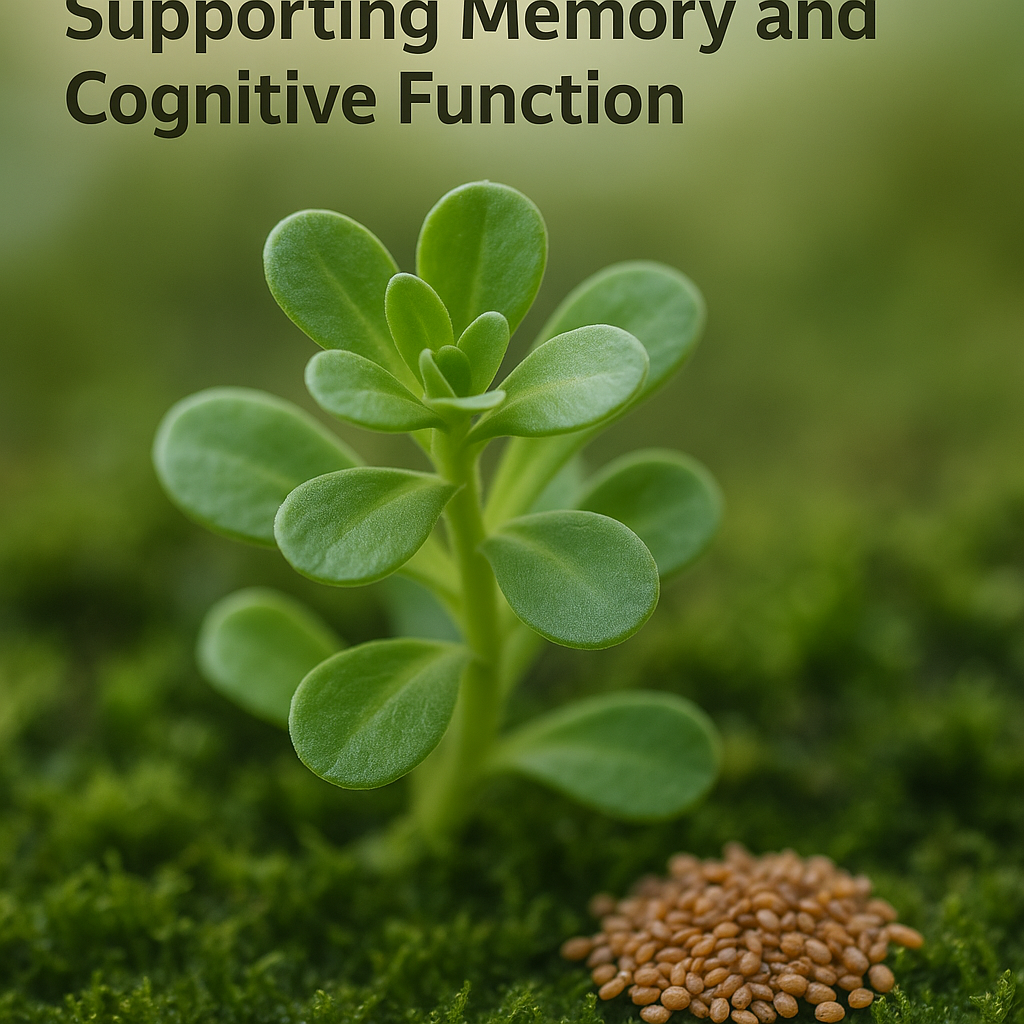
The Role of Herbs in Supporting Cognitive Function
Herbs have been used for centuries in traditional medicine to enhance brain function and treat cognitive disorders. Many of these plants contain compounds that can support memory, focus, and overall brain health. The idea behind using herbs for ADHD treatment is not to replace conventional therapies but to complement them, offering a holistic approach to managing the condition. Several herbs have been scientifically shown to improve focus, reduce anxiety, and support mental clarity—all of which are important for women with ADHD.
1. Ginkgo Biloba: Enhancing Memory and Focus
Ginkgo biloba is one of the most well-known herbs used to support cognitive function, and it has been the subject of numerous studies examining its effects on memory, focus, and mental clarity. This herb works by increasing blood flow to the brain, which enhances oxygen and nutrient delivery to brain cells. Additionally, ginkgo has antioxidant properties that help protect the brain from oxidative stress and may support neuroplasticity, which is the brain’s ability to adapt and reorganize itself.
For women with ADHD, ginkgo biloba can be particularly beneficial in improving attention and reducing mental fog. Studies have shown that ginkgo can help with short-term memory and cognitive speed, making it easier to focus on important tasks. As ADHD often involves problems with memory recall and sustained attention, ginkgo may be a valuable addition to an ADHD management plan.
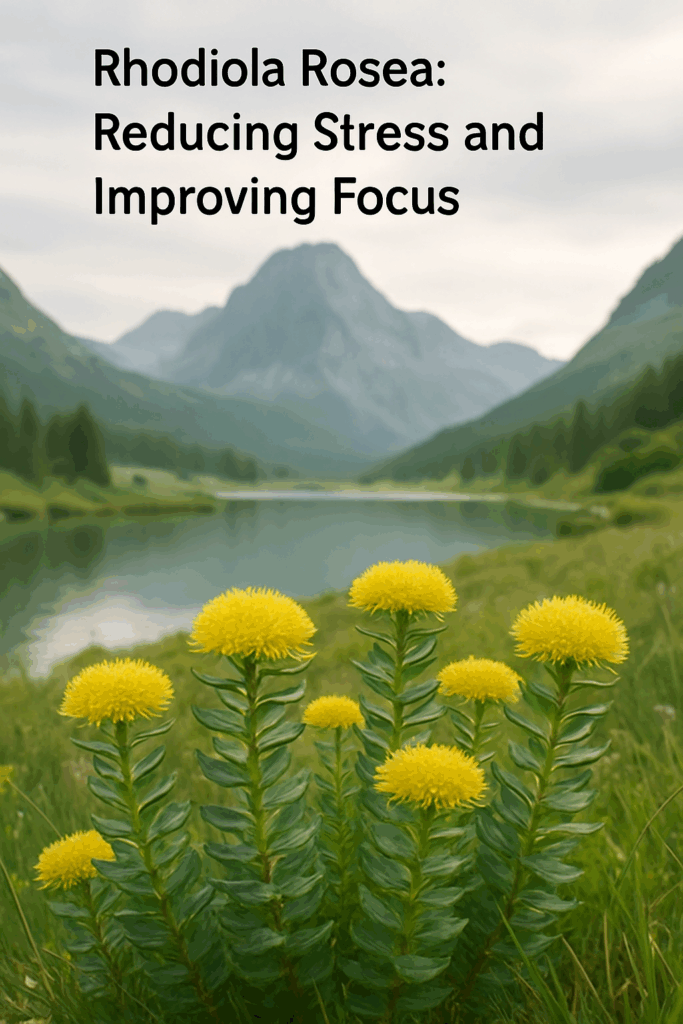
2. Rhodiola Rosea: Reducing Stress and Improving Focus
Rhodiola rosea, also known as “golden root,” is an adaptogenic herb that helps the body cope with stress. This herb is especially beneficial for women with ADHD, as stress is a common trigger that exacerbates symptoms. Rhodiola works by balancing the levels of cortisol, the body’s primary stress hormone, and supporting the adrenal system. By reducing stress levels, rhodiola can help women with ADHD feel more focused and less overwhelmed.
In addition to its stress-reducing effects, rhodiola has been shown to improve cognitive performance, particularly in areas of attention, concentration, and memory. Some studies have found that rhodiola may even enhance mood and combat fatigue, which are common challenges for individuals with ADHD. By promoting mental clarity and focus while alleviating stress, rhodiola can be an essential tool for women managing ADHD symptoms.
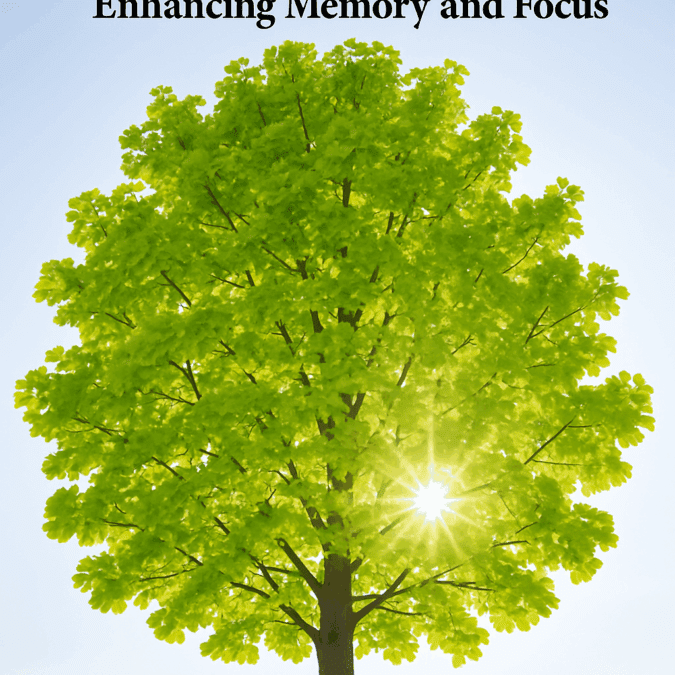
3. Bacopa Monnieri: Supporting Memory and Cognitive Function
Bacopa monnieri, also known as Brahmi, is a herb traditionally used in Ayurvedic medicine to improve memory, concentration, and cognitive function. It is particularly well-known for its ability to enhance memory recall and reduce cognitive decline. Bacopa contains bacosides, compounds that have been shown to improve the transmission of nerve impulses and enhance neuronal communication.
For women with ADHD, bacopa may be particularly effective in improving working memory, which is often impaired in individuals with the condition. Working memory refers to the brain’s ability to hold and manipulate information in real time, which is essential for tasks that require sustained focus. Bacopa has been shown to enhance this cognitive function, making it easier for individuals with ADHD to manage complex tasks and retain important information.
4. Gotu Kola: Promoting Clarity and Cognitive Health
Gotu kola, a herb native to Asia, has long been used to promote mental clarity, improve memory, and support overall cognitive health. It is believed to improve circulation, which enhances blood flow to the brain, similar to ginkgo biloba. Gotu kola also contains compounds that support the growth and regeneration of brain cells, particularly in the hippocampus, a region of the brain involved in learning and memory.
Research on gotu kola has shown promising results in its ability to improve cognitive function, particularly in older adults experiencing age-related cognitive decline. For women with ADHD, gotu kola may help sharpen focus and clarity, making it easier to concentrate on tasks and remember important things to memorize.
5. Ashwagandha: Reducing Anxiety and Improving Focus
Ashwagandha is another adaptogenic herb that can be highly beneficial for women with ADHD. One of the key challenges for individuals with ADHD is managing anxiety, which can significantly impair cognitive function and focus. Ashwagandha works by balancing cortisol levels, promoting relaxation, and reducing the effects of stress on the body.
In addition to its stress-reducing effects, ashwagandha has been shown to improve attention, focus, and memory. Some studies have even suggested that ashwagandha can help increase mental stamina and endurance, allowing individuals to stay focused for longer periods. For women with ADHD who struggle with anxiety and focus, ashwagandha may offer a natural solution to help manage these symptoms.
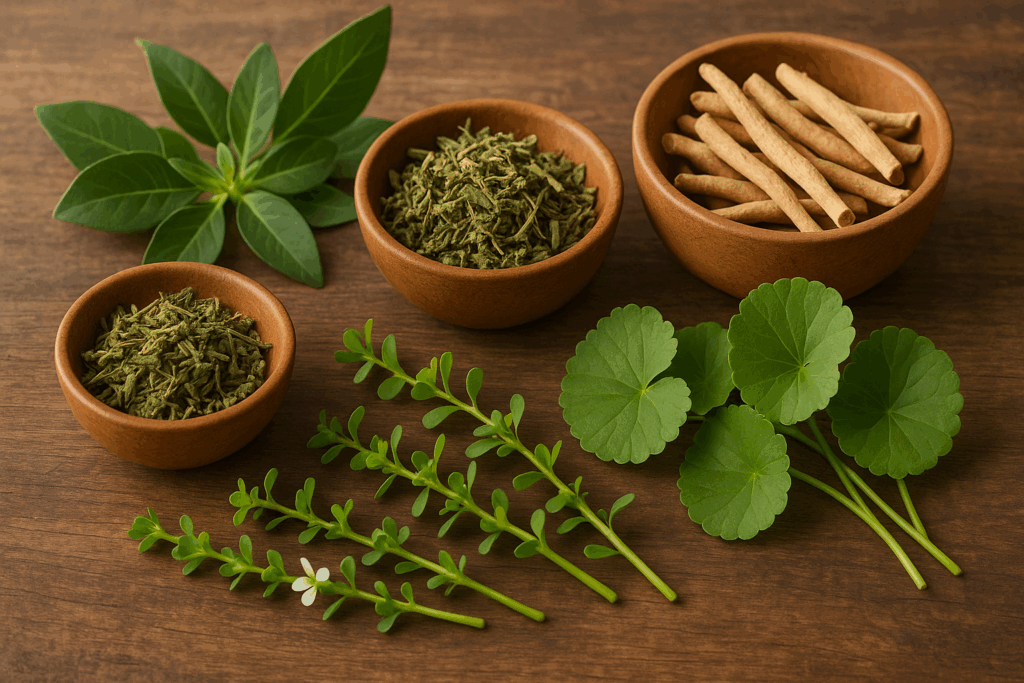
6. Lion’s Mane Mushroom: Supporting Brain Health and Neurogenesis
Lion’s mane mushroom is a powerful nootropic herb known for its ability to stimulate the growth of new brain cells, a process known as neurogenesis. This herb is particularly beneficial for improving cognitive function, memory, and focus. Lion’s mane contains compounds called hericenones and erinacines, which promote the production of nerve growth factor (NGF), a protein that plays a crucial role in the growth and maintenance of brain cells.
For women with ADHD, lion’s mane can be a game-changer in supporting cognitive health. By promoting neurogenesis, lion’s mane may help improve brain function and support mental clarity. It is also believed to have mood-enhancing effects, which can help alleviate the emotional difficulties often associated with ADHD.
7. Peppermint: Enhancing Focus and Mental Clarity
Peppermint is a well-known herb that can provide a quick mental boost, particularly in terms of focus and clarity. The menthol in peppermint has been shown to have stimulating effects on the brain, improving cognitive performance and alertness. In addition to enhancing focus, peppermint has also been shown to reduce mental fatigue, which is a common challenge for individuals with ADHD.
For women with ADHD who struggle with maintaining focus throughout the day, peppermint can be a useful tool for boosting concentration and staying on task. Whether consumed as a tea, in capsule form, or even through aromatherapy, peppermint can provide a natural solution for improving focus and reducing cognitive fatigue.

Frequently Asked Questions (FAQ) on Best Herbs for ADHD in Women: Science-Backed Natural Remedies
How to Retrieve Memory More Effectively: Strategies for Enhancing Cognitive Recall and Clarity
Memory retrieval can often feel like an elusive task, especially when you need to recall important information at critical moments. Whether it’s recalling facts for an exam, remembering someone’s name in a social situation, or retrieving a specific detail from a conversation, memory retrieval plays a crucial role in cognitive function. However, as we age, or under certain conditions like stress or sleep deprivation, the ability to recall information can become impaired. Fortunately, research has shown that there are various strategies and techniques you can use to improve memory retrieval and enhance cognitive clarity.
This article explores effective methods and practical strategies to help you retrieve memories more effectively. From cognitive exercises to lifestyle changes and natural supplements, we’ll look at the science-backed approaches that can help improve your memory and overall brain health.
Understanding Memory Retrieval: What Happens in the Brain?
Memory retrieval is the process of accessing information stored in your brain. The brain stores information in networks of neurons, and retrieving that information involves a process where these neurons are activated in a coordinated way. When you need to recall something, your brain’s hippocampus—the area responsible for memory processing—plays a pivotal role in retrieving this data. The process is often triggered by cues, such as a question, an environment, or a particular stimulus.
However, the ability to recall information can vary from person to person, and it can be influenced by many factors, such as mental fatigue, distractions, or emotional state. Poor retrieval can sometimes be a result of failure to properly encode the information in the first place, leading to difficulties when trying to retrieve it. Understanding the underlying mechanisms of memory retrieval can help you identify strategies to improve it.
Strategies to Improve Memory Retrieval
The key to improving memory retrieval lies in strengthening the neural networks involved in memory storage and recall. Fortunately, several strategies have been proven to enhance these processes. Here are some of the most effective techniques:
1. Engage in Active Recall
Active recall is one of the most effective memory retrieval techniques. Instead of passively reviewing notes or re-reading material, active recall requires you to actively test your memory. For example, after reading a chapter in a book, instead of going back and re-reading the material, try to recall the main points without looking at the text. This technique helps strengthen the memory trace, making it easier to retrieve information in the future.
Studies have shown that active recall can significantly improve long-term retention. The effort involved in recalling information reinforces the neural pathways, improving the brain’s ability to retrieve that information when needed.
2. Use Spaced Repetition
Spaced repetition is a memory technique that involves reviewing information at increasing intervals. The goal is to review information just before you’re likely to forget it, which strengthens the memory trace. Apps like Anki and Quizlet can help you create spaced repetition schedules for studying or remembering various types of information.
Spaced repetition capitalizes on the brain’s natural forgetting curve, ensuring that you don’t forget the information you’re trying to retain. By engaging in spaced repetition, you not only improve your ability to retrieve memory but also increase your long-term retention.
3. Create Associations and Mnemonics
Another effective strategy for improving memory retrieval is to create associations or use mnemonic devices. Associating new information with something you already know helps you form stronger connections in your brain. For example, when learning a new vocabulary word, you might connect it with a similar-sounding word or a visual image. This method makes it easier to recall the information when needed.
Mnemonics, which are memory aids that help you remember information through patterns or associations, can also be highly effective. Common examples include acronyms, rhymes, or visual imagery. By organizing information in a way that is easier to recall, mnemonics help activate the right neural networks more efficiently.
4. Practice Mindfulness and Meditation
Research has shown that mindfulness practices, such as meditation, can improve cognitive function, including memory retrieval. Mindfulness enhances your ability to focus and pay attention, which is crucial for memory consolidation and retrieval. It also helps reduce stress, which can impair memory retrieval.
By practicing mindfulness regularly, you can improve your attention span and clarity of thought, both of which contribute to more effective memory retrieval. Additionally, mindfulness exercises that involve deep breathing can help reduce mental clutter, allowing your mind to better access stored information.
5. Prioritize Sleep and Rest
Sleep plays a crucial role in memory consolidation. During sleep, the brain organizes and strengthens memories, making them easier to retrieve later. Inadequate sleep can impair this process, making it more difficult to recall information. By ensuring you get enough restorative sleep, you give your brain the opportunity to solidify and store memories.
Furthermore, deep sleep is when the brain processes short-term memories and converts them into long-term ones. So, ensuring you have adequate rest not only helps you recover memory but also improves overall cognitive clarity and function.
6. Exercise Your Brain with Cognitive Training
Cognitive exercises and brain training programs can also help improve memory retrieval. These activities challenge your brain to think in new and creative ways, promoting neuroplasticity—the brain’s ability to form new neural connections. Brain games, puzzles, and activities like crosswords or Sudoku can stimulate cognitive functions and enhance your ability to retrieve memory.
Numerous apps and online platforms offer cognitive training specifically designed to improve memory, attention, and other cognitive abilities. Engaging in regular brain exercises can help keep your memory sharp and improve retrieval over time.
7. Maintain a Healthy Diet
A nutritious diet is fundamental for optimal brain health and memory retrieval. Certain nutrients, such as omega-3 fatty acids, antioxidants, and vitamins, support brain function and help improve memory. For instance, omega-3 fatty acids found in fish, walnuts, and flaxseeds have been shown to enhance cognitive function and memory.
In addition, a diet rich in antioxidants from fruits and vegetables can protect the brain from oxidative stress and inflammation, which can negatively impact memory. Foods like blueberries, spinach, and turmeric contain antioxidants that have been linked to improved memory and cognitive clarity.
Natural Supplements to Support Memory Retrieval
While lifestyle changes and cognitive exercises are essential for improving memory retrieval, certain natural supplements can also provide additional support. These supplements work by enhancing brain health and supporting the neurological processes involved in memory retrieval. Some of the most effective memory-enhancing supplements include:
1. Ginkgo Biloba
Ginkgo Biloba is one of the most popular natural supplements for cognitive enhancement. It has been shown to improve blood circulation in the brain, which can help with memory retrieval. Some studies suggest that ginkgo may also enhance cognitive function and reduce age-related memory decline. By improving oxygen and nutrient delivery to the brain, ginkgo may support better memory recall and clarity.
2. Bacopa Monnieri
Bacopa Monnieri is an herb that has been used in traditional medicine for centuries to improve cognitive function. Research indicates that it may enhance memory and support the brain’s ability to retrieve information more efficiently. Bacopa is believed to work by increasing the production of certain neurotransmitters involved in memory processing, such as acetylcholine.
3. Lion’s Mane Mushroom
Lion’s Mane Mushroom is another powerful nootropic that has gained popularity for its cognitive-enhancing effects. It contains compounds called erinacines that may stimulate the growth of nerve cells in the brain. This regeneration of neurons can help improve memory and brain function, making Lion’s Mane an excellent choice for supporting memory retrieval and cognitive clarity.
4. Rhodiola Rosea
Rhodiola Rosea is an adaptogenic herb that helps the body cope with stress, which can impair cognitive function and memory retrieval. By reducing stress and boosting energy levels, Rhodiola may improve focus, clarity, and overall mental performance. Studies suggest that Rhodiola can help protect the brain from fatigue-related memory issues, allowing for better retrieval of stored information.
5. Phosphatidylserine
Phosphatidylserine is a phospholipid that is vital for the structure and function of brain cells. It plays a significant role in maintaining cognitive function, including memory retrieval. Supplementing with phosphatidylserine has been shown to support memory, especially in older adults experiencing age-related cognitive decline.
The Role of Emotional State in Memory Retrieval
Your emotional state can significantly influence your ability to retrieve memories. When you’re stressed, anxious, or depressed, your brain’s ability to access stored information may be impaired. This is because emotional distress can activate the body’s fight-or-flight response, which diverts resources away from non-essential functions like memory retrieval.
On the other hand, positive emotions such as happiness and relaxation can enhance cognitive function. Studies have shown that people tend to remember information better when they are in a positive emotional state. Therefore, managing stress and fostering emotional well-being is crucial for improving memory retrieval.
Conclusion: Enhancing Memory Retrieval for a Sharper Mind
Memory retrieval is a vital cognitive function that impacts every aspect of our daily lives. Whether you’re trying to recall a name, an event, or a crucial piece of information, effective memory retrieval is essential for both personal and professional success. By employing strategies like active recall, spaced repetition, and mindfulness, along with supporting brain health through a healthy diet, regular exercise, and natural supplements, you can improve your ability to retrieve memories more effectively.
Incorporating these strategies into your daily routine can help you unlock a sharper mind, improve cognitive clarity, and boost overall brain function. Remember, improving memory retrieval is not an overnight process, but with consistent effort and the right tools, you can enhance your cognitive recall and achieve greater mental clarity.
By investing in your memory and overall cognitive health, you not only improve your ability to retrieve memories but also protect your brain against age-related cognitive decline. Whether through lifestyle changes, cognitive training, or supplements, there are numerous ways to optimize your memory retrieval and keep your mind sharp for years to come.
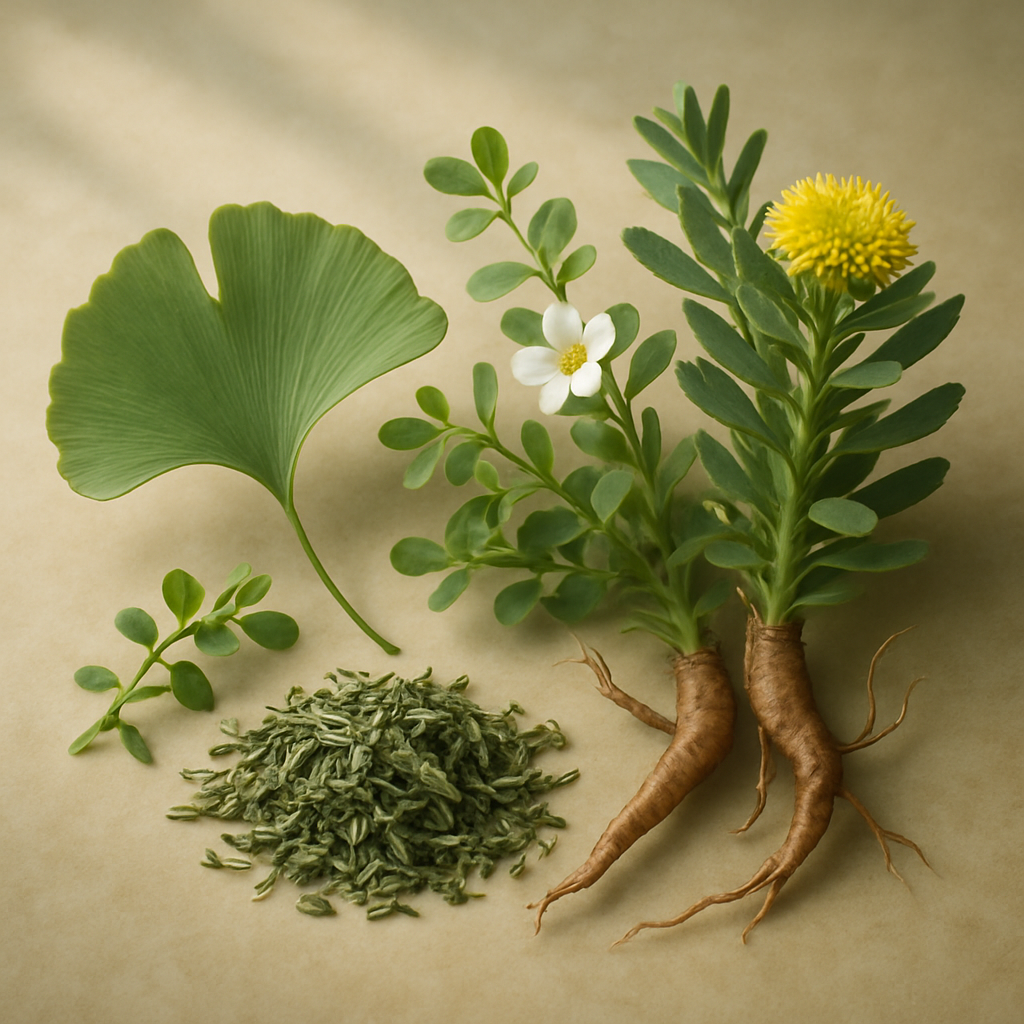
Conclusion: Integrating Herbs into an ADHD Management Plan
Incorporating herbs into an ADHD management plan can provide significant benefits for women seeking natural solutions to improve focus, memory, and mental wellness. While herbs like ginkgo biloba, rhodiola rosea, bacopa monnieri, and others may not replace traditional treatments, they can serve as valuable complementary therapies. When used alongside other strategies, such as cognitive-behavioral therapy (CBT), lifestyle changes, and proper nutrition, herbs can help women with ADHD manage their symptoms more effectively.
As with any supplement, it is essential to consult with a healthcare provider before starting a new herbal regimen, especially if you are currently taking prescription medications. By taking a holistic approach to ADHD management and utilizing the power of natural herbs, women can find relief from the challenges of this condition and achieve greater mental clarity, focus, and overall well-being.
Remember, managing ADHD is a journey, and incorporating the right herbs may be an important step toward achieving better focus, memory, and mental clarity. Whether you are looking for things to memorize more easily or simply hoping to manage your ADHD symptoms more effectively, these herbs may offer the support you need to improve your cognitive function and live a more balanced life.enhance focus, and restore cognitive balance for long-term mental well-being.
Further Reading:
7 Best Herbs for Memory and Brain Health
Natural Relief for Symptoms: Top Herbs for ADHD Treatment and Management


